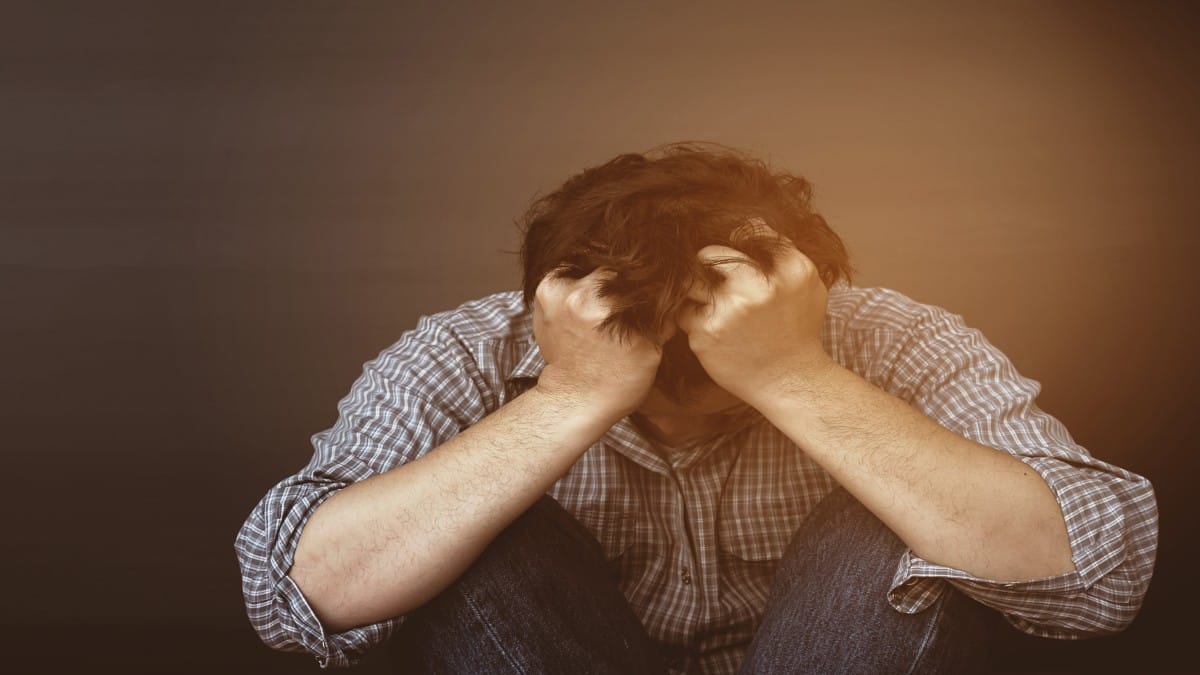India confronts escalating student suicides: Need for education reform

By Neeraj Kumar
Mental Health issues are widely prevalent in every sphere of one’s life and addressing the same in an effective and supportive way is the need of the hour. The focus should not remain only on corrective therapy and remedy but increasing efforts should be made in preventive care as well, especially targeting the adolescent segment of the population. Since the formative years are the most challenging ones and that’s when the foundation of our future self is laid. India is teeming with more than 1.4 billion people, out of which its adolescent population, aged 10-19 years, accounts for a substantial portion of the national total, some 253 million.
The spate of student suicides has led the Union Ministry of Education (MoE) to develop the draft UMMEED (Understand, Motivate, Manage, Empathise, Empower, Develop) guidelines with ‘Every Child Matters’ as the underlying belief. These guidelines have prioritized the setting up of School Wellness Teams (SWT) to identify vulnerable students exhibiting warning signs and provide much-needed support. They also suggest protective factors including helping children develop positive self-esteem, encouraging peer support, and enhancing students’ life skills and resilience to be able to deal with conflicts, failures and rejection.
Since mental health is a collective responsibility, the draft emphasises the need for collaboration among schools, parents, and the community to create an enabling environment, spread awareness, eliminate harmful notions and mitigate the social stigma surrounding suicidal behaviour. They also suggest protective factors including helping children develop positive self-esteem, encouraging peer support, and enhancing students’ life skills and resilience to be able to deal with conflicts, failures and rejection.
A Member of Parliament, Annpurna Devi has also claimed that the Ministry of Education has launched an initiative, ‘Manodarpan’, under the ‘AatmaNirbhar Bharat Abhiyaan’, which aims to provide psychosocial support to students, their families and teachers for mental health and well-being.
Frederick Douglass, an American social reformer, had said – It is easier to build strong children than to repair broken men.’ There is no better cure than prevention, we need to work at developing and leveraging technology to identify the vulnerable youth who might be struggling, more than others, in meeting the demands of life. Once identified, constructive steps should be taken to provide customized care and support which would help them in not only overcoming the issues that they are battling but also enhance their overall psychological well-being. It will aid them immensely in recognizing their untapped potential and performing well in every sphere of their life.
Increasing academic distress leads to an overwhelming sense of crippling helplessness in the developing minds. The education landscape needs to undergo serious reformation, shifting its focus to students’ holistic development from a majorly marks-based system. To ensure healthy psychological development certain supportive structures need to come in place. Industry stakeholders highlight the need to make expert professional help accessible to students to combat stress, besides setting realistic, achievable goals that don’t lead to undue pressure. Proactive measures need to be taken to empower students to not just manage mental stress but also to cultivate resilience in the face of surmounting challenges.
Both the private and government sectors need to actively work towards providing and facilitating a safe and conducive environment for healthy psychological development and support. With time, the impact of such measures would bear promising results.
The author is the CEO and co-founder of PeakMind.



Leave a Comment